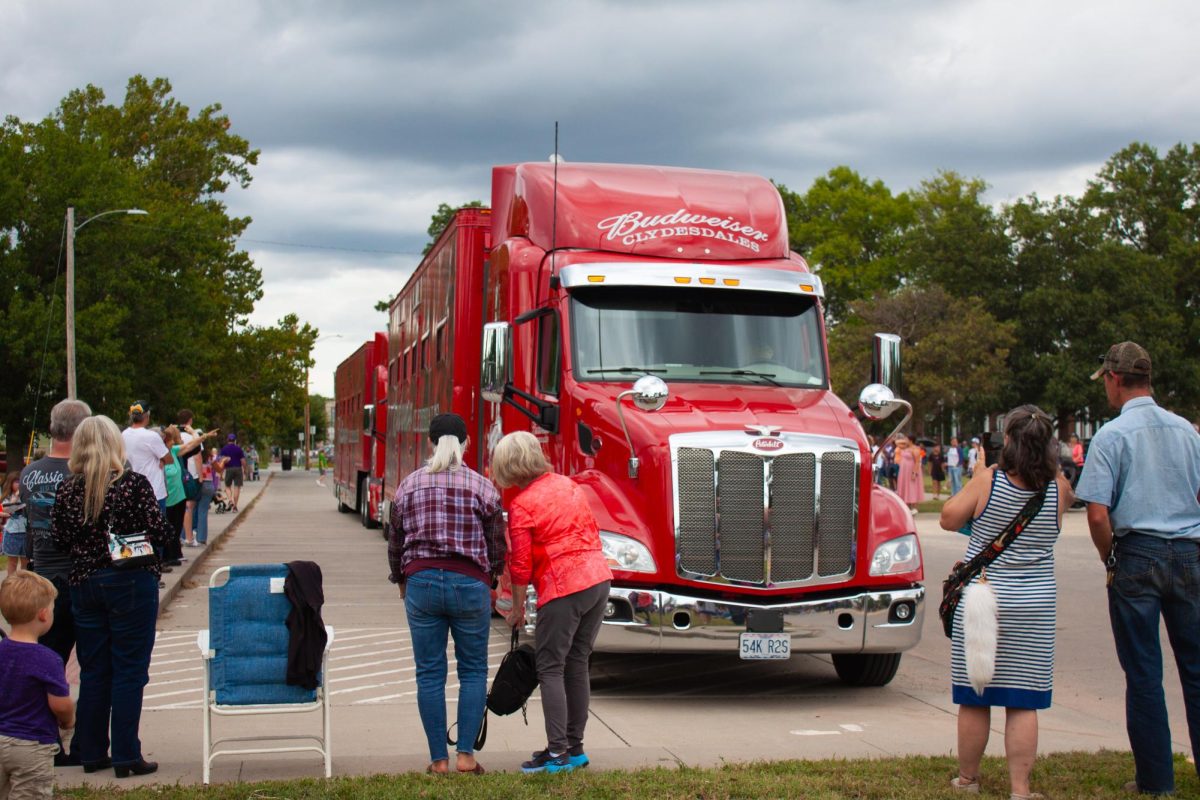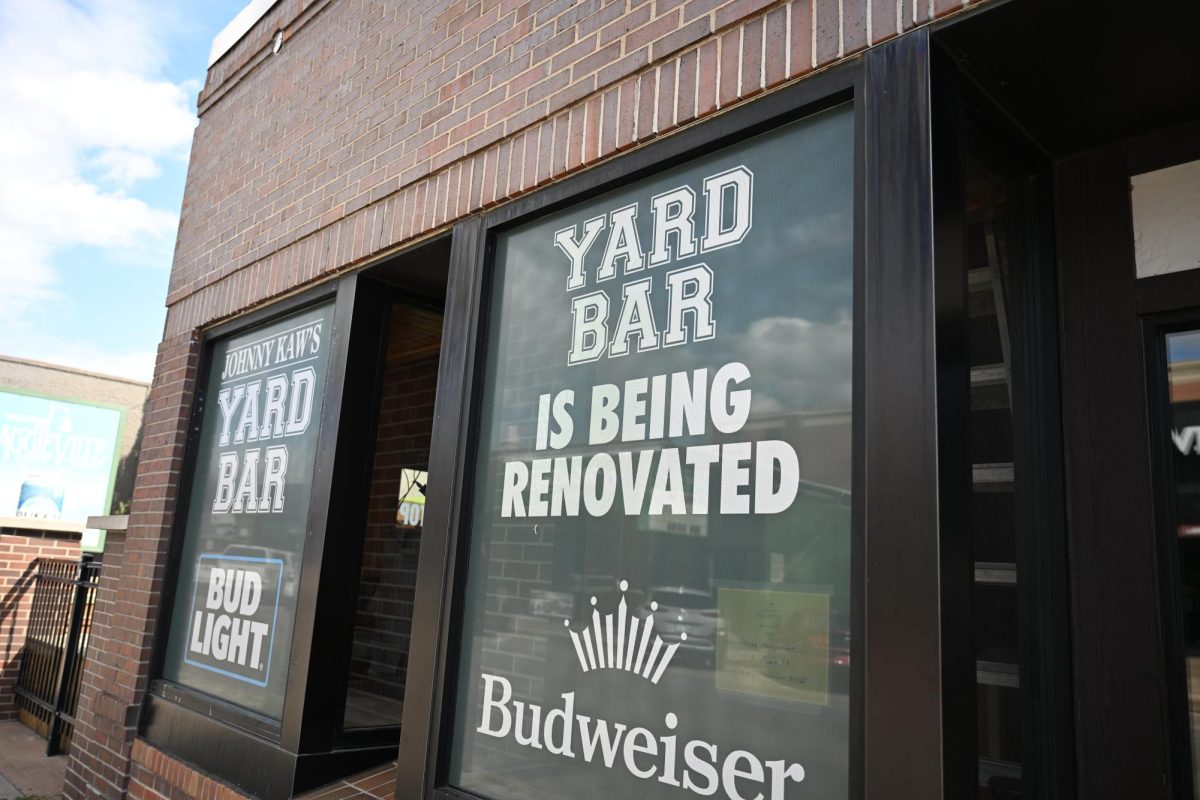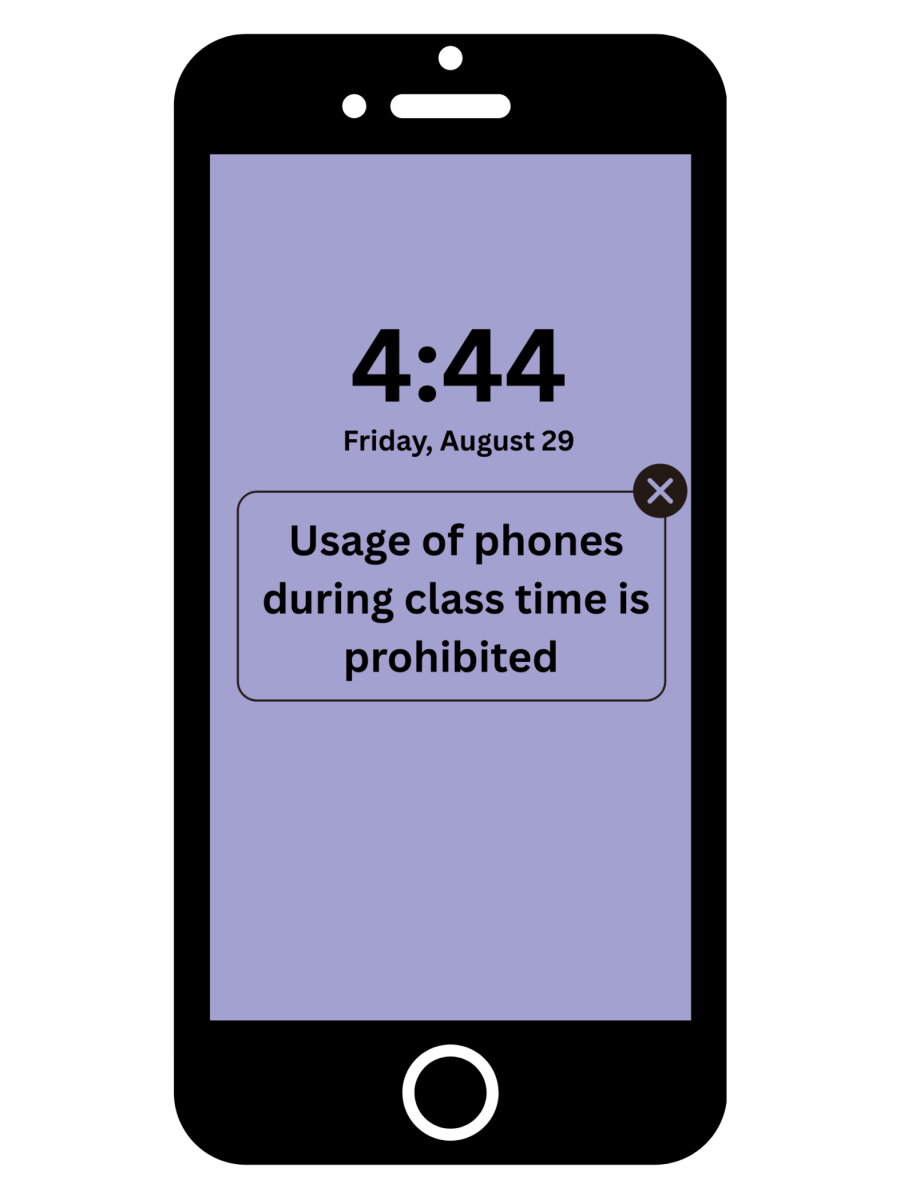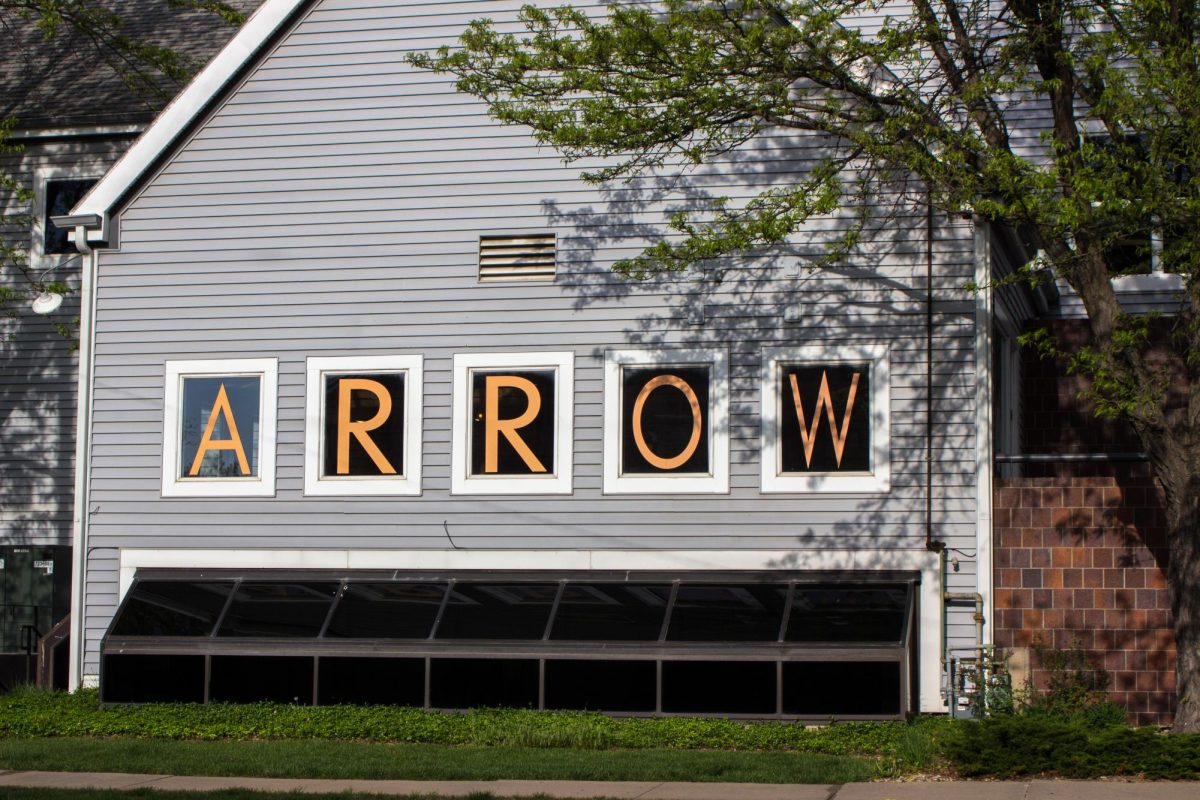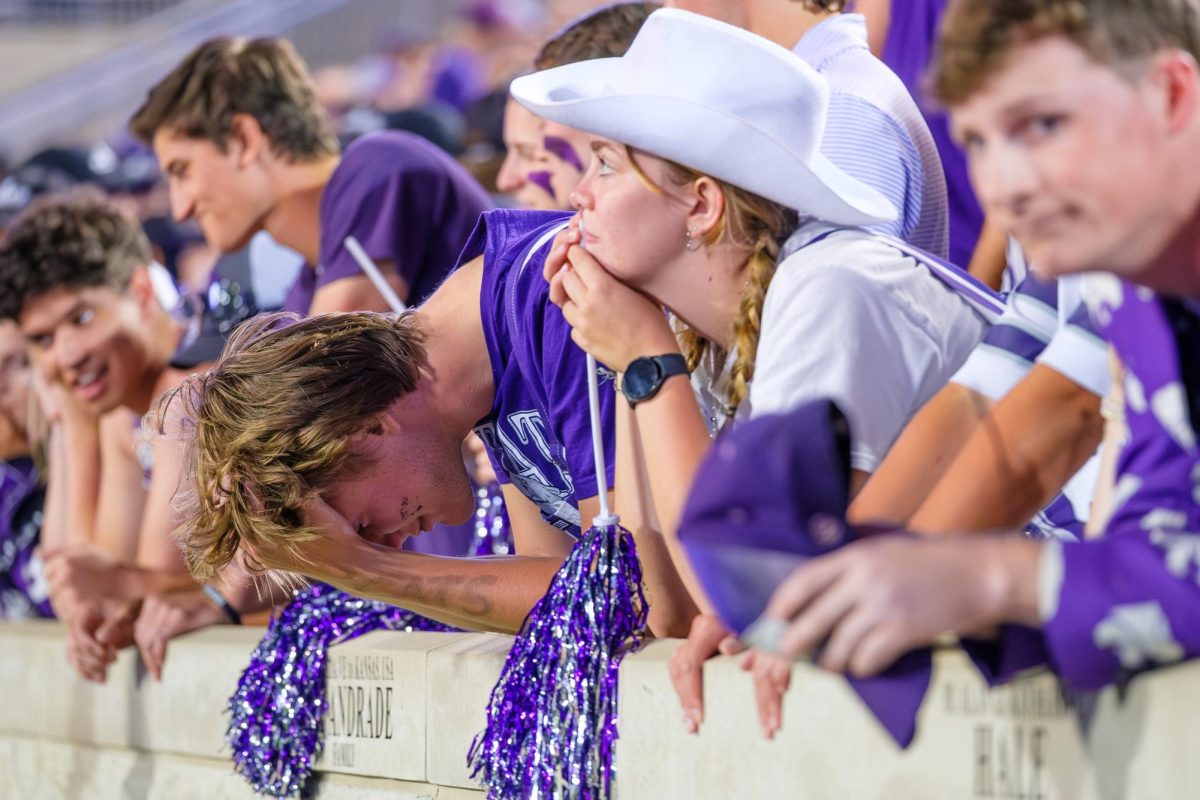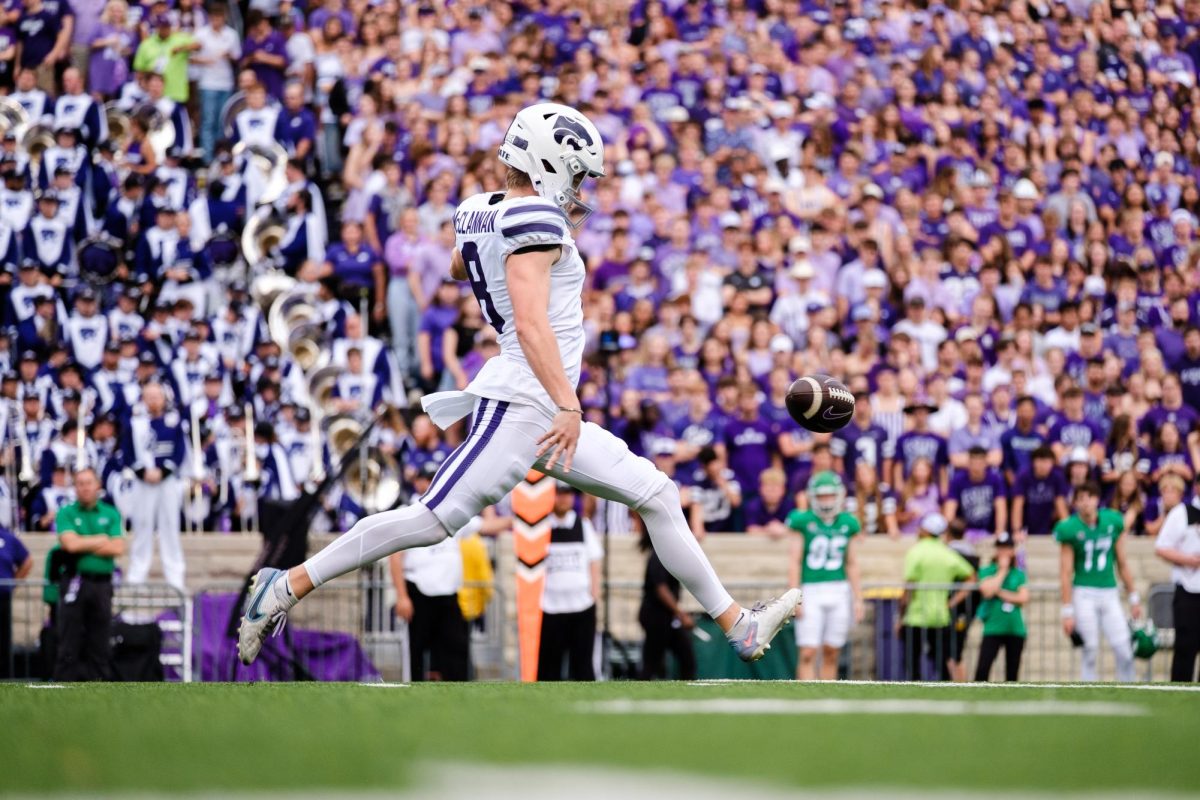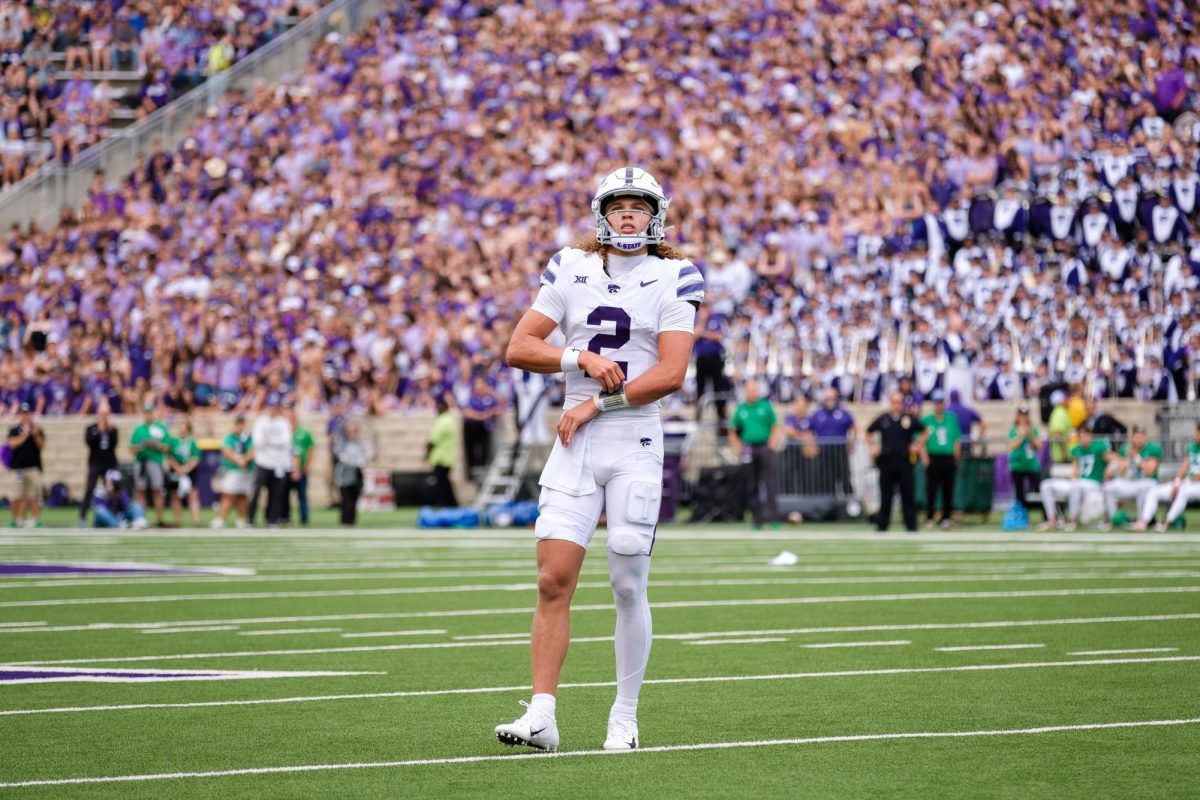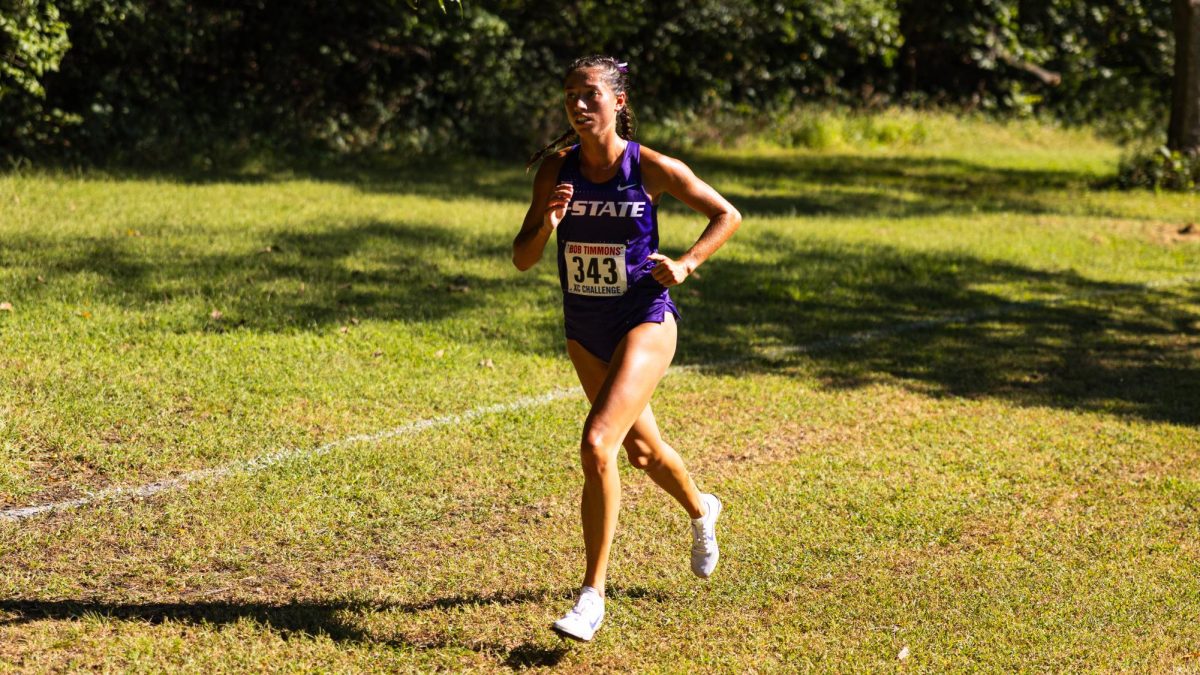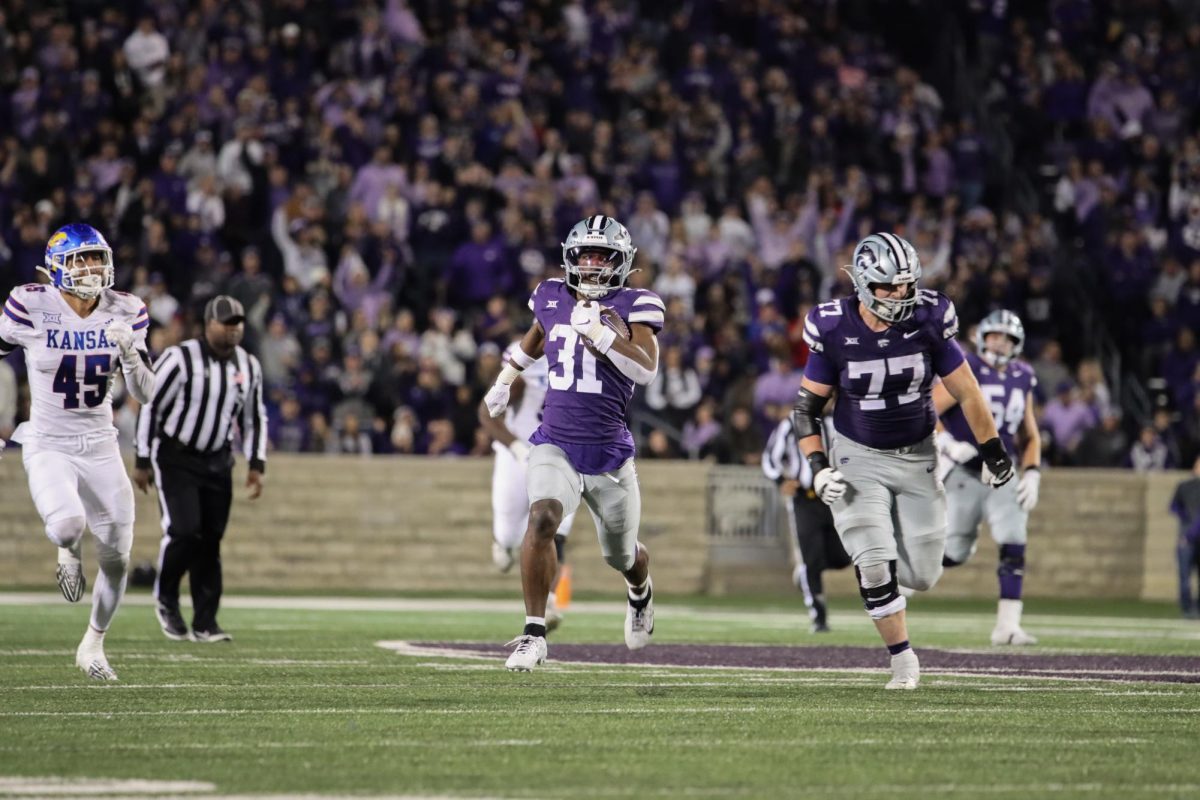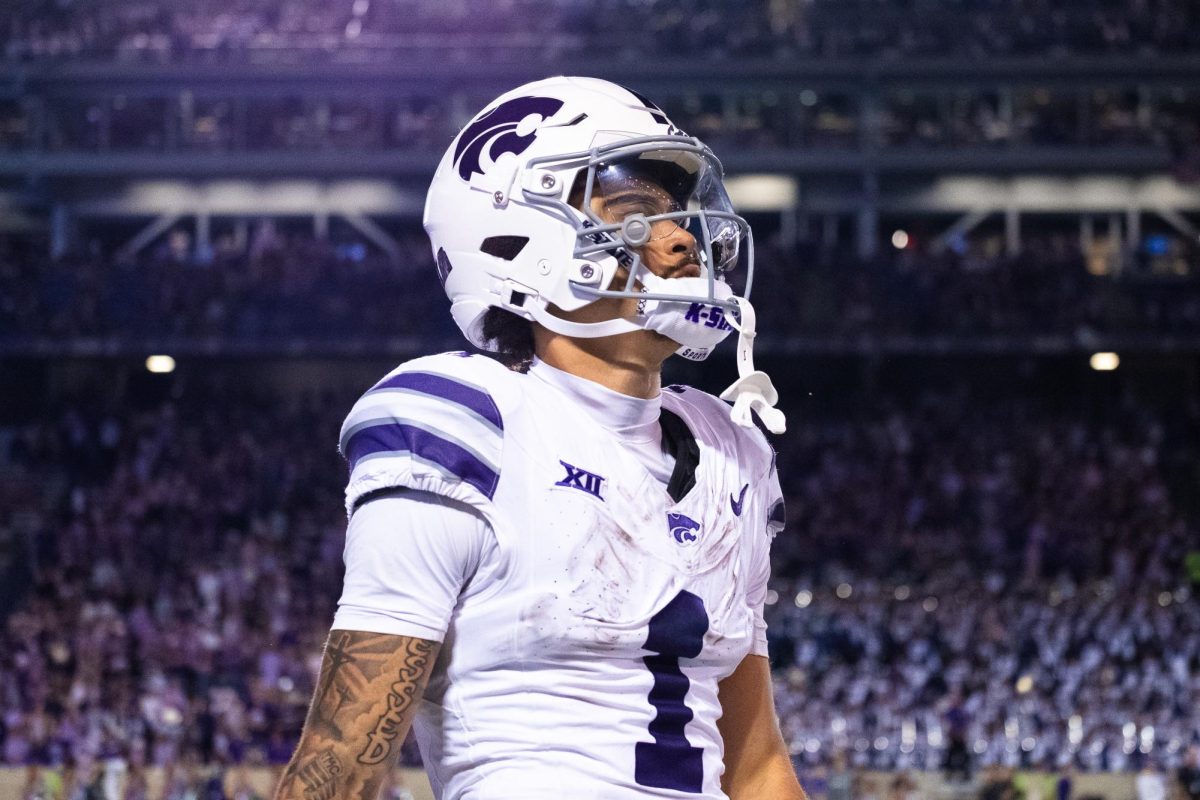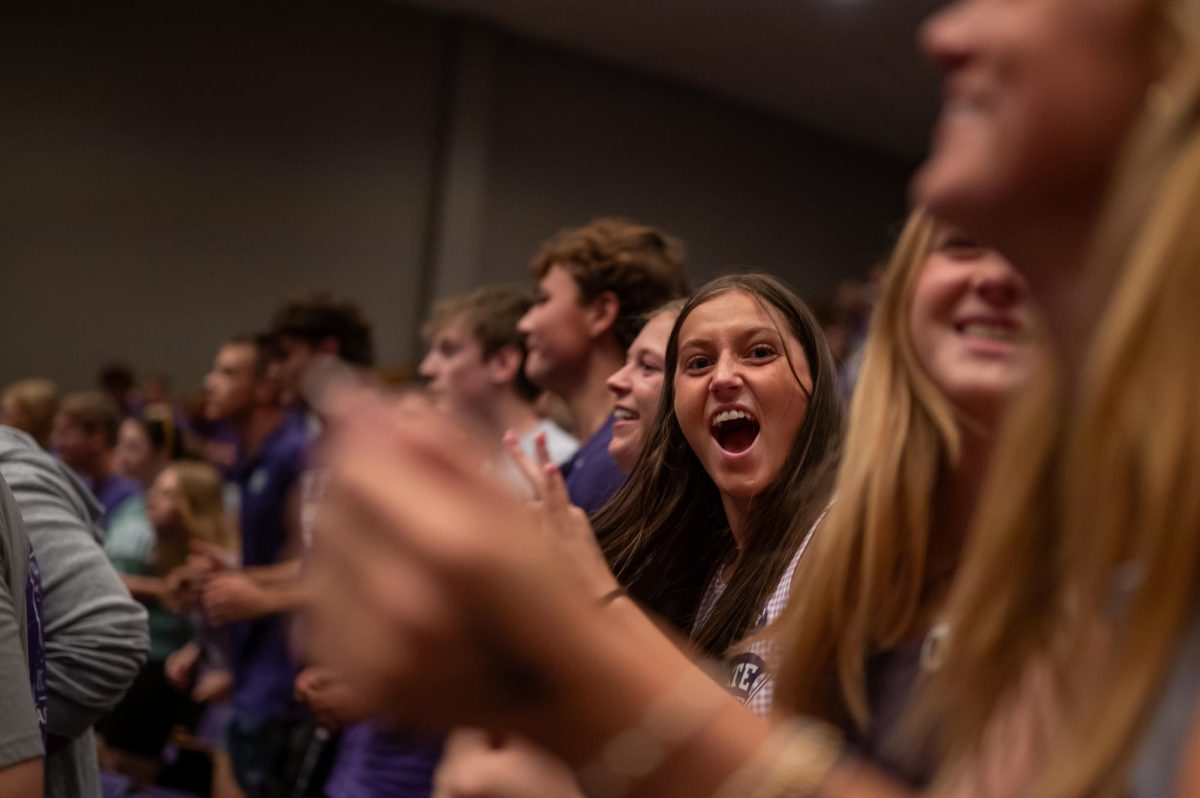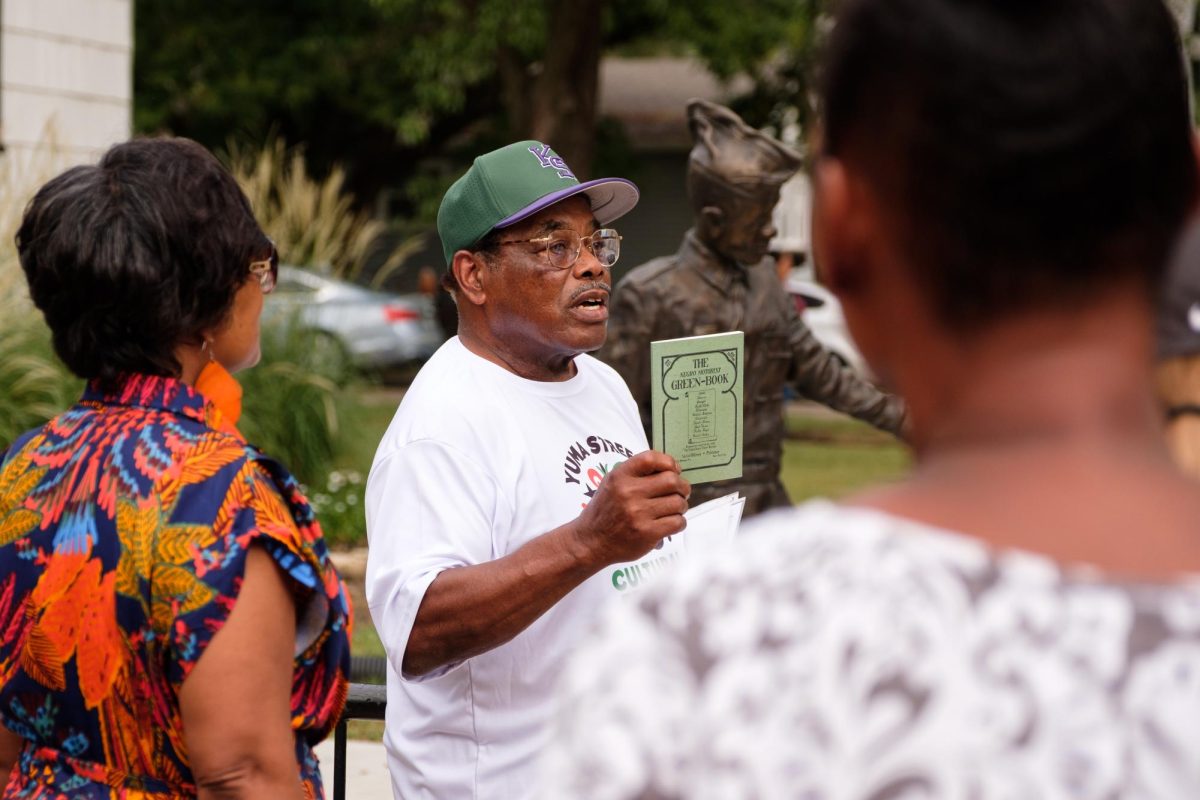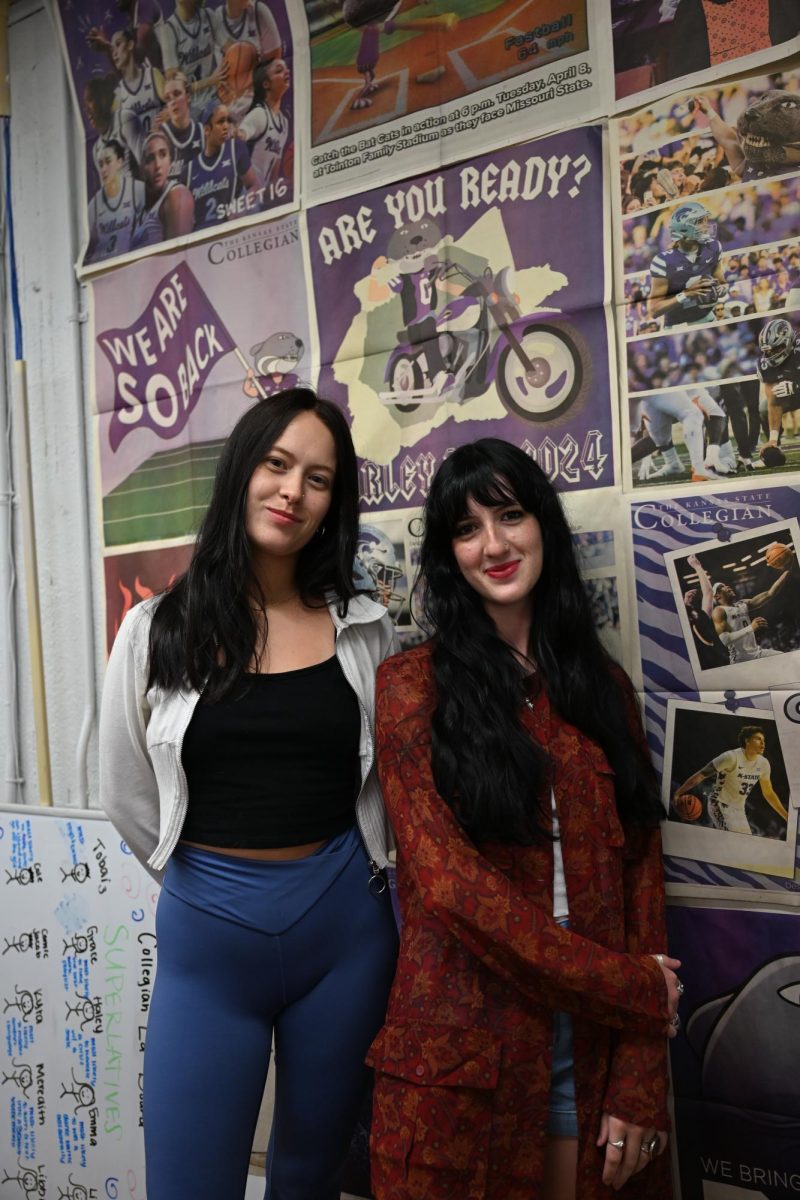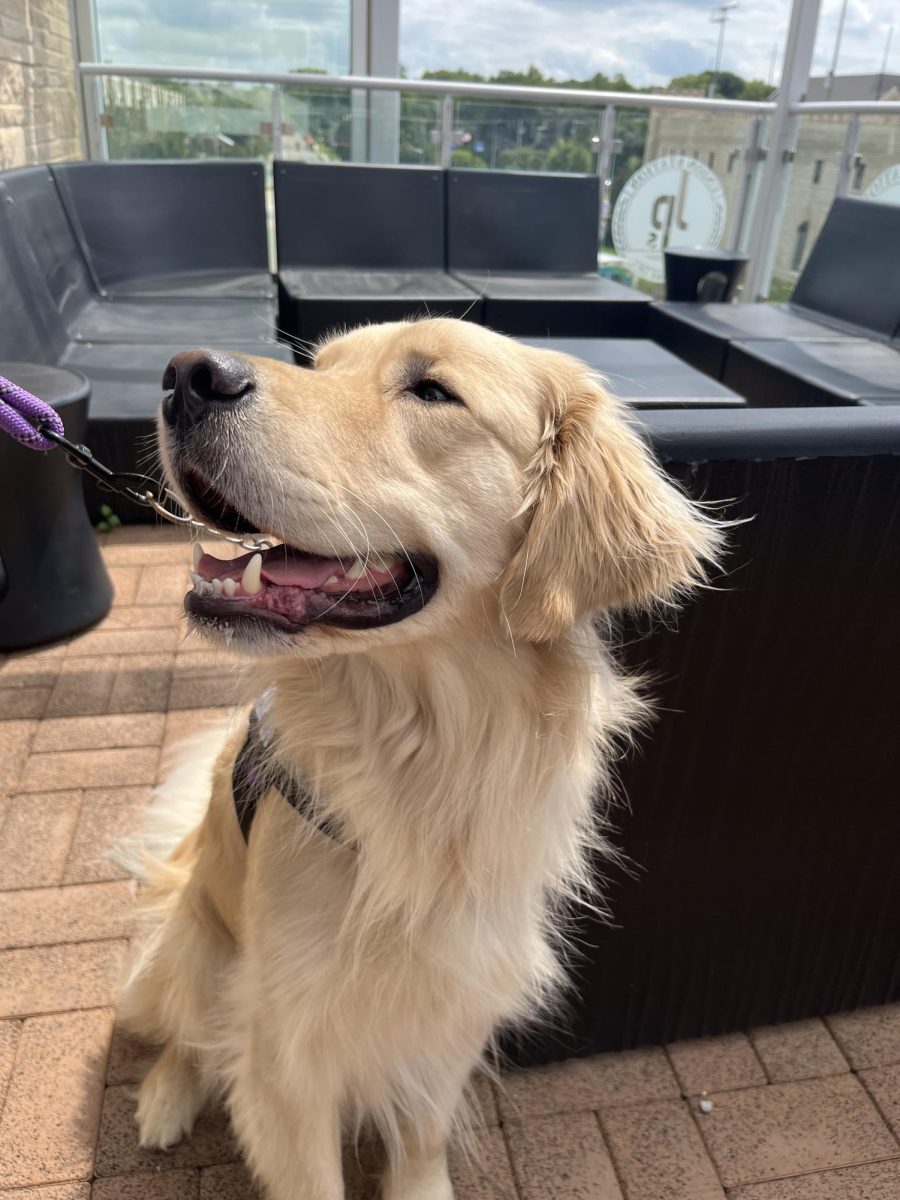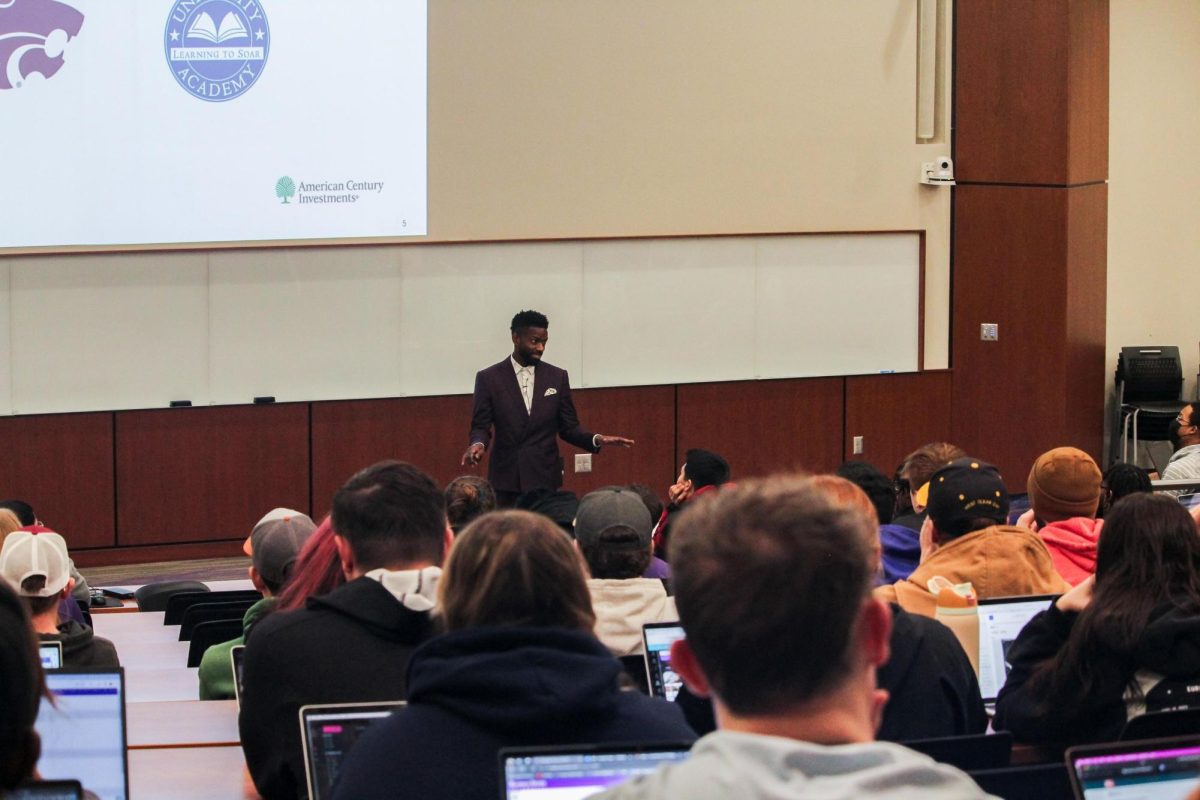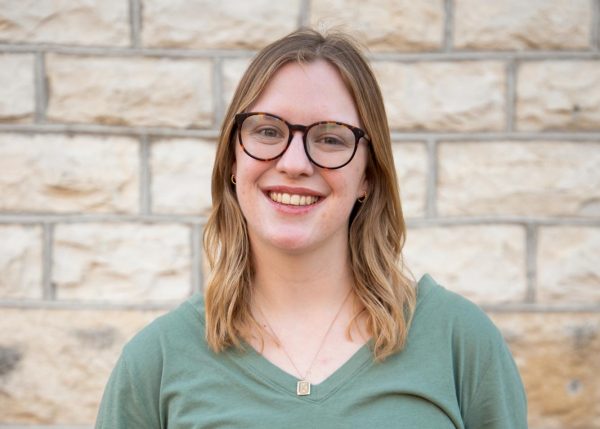On Jan. 19, 1968, over 7,000 people crowded into Ahearn Field House to hear Martin Luther King Jr.’s final college speech, “The Future of Integration.”
“It seems to me that the realistic position is that we have made significant strides in the struggle for racial justice but that we have a long, long way to go before the problem is solved,” King said.
K-State honors his work and legacy on civil rights through an annual week of observance events. This year, K-State celebrated Martin Luther King Jr. Observance Week from Jan. 22-26, including events such as the MLK Day of Service, 20th Annual Diversity Student Leader Reception and Spectrum Center “Brother Outsider” film screening.
“It would be a wonderful thing if speakers all over our country could talk about the problem of racial injustice in terms of a problem that once existed but no longer exists,” King said. “But if I stop at this point, I would merely be stating a fact and not telling the truth.”
The observance week honors King by discussing civil rights, not just marginal facts.
Corey Williamson, assistant vice president for diversity, equity, inclusion and belonging, spoke about this concept at Wednesday’s 10th Annual Civil Rights Teach-In.
“When we tell an incomplete story, it’s dangerous,” Williamson said.
Abi Whitney, senior in English and Spanish and member of the Choctaw Nation, spoke on the importance of having conversations to broaden our perspectives.
“It’s always crucial to understand the context surrounding whatever issue you’re researching,” Whitney said. “Context is always necessary or else you will miss the entire point.”
Whitney discussed how this is important, especially in her research, “Applied Strategies of Language Revitalization in the Choctaw Nation of Oklahoma,” which she presented at the event.
“Look at [Indigenous] boarding schools in the United States and Canada … the way they subjected indigenous languages and caused them to go to sleep,” Whitney said. “[The context] is really important so that you can then go on to learning about the work that people are doing right now.”
Whitney stressed the importance of revisiting King’s messages.
“Dr. King did really important work, but his work is not done yet,” Whitney said. “We have to put it in the context of today; we’ve made progress, but … we need to continue doing it, continue having these conversations so that we can live up to the dream that he had.”
Whitney said the Indigenous Land Acknowledgement is an opportunity to have these kinds of conversations about how K-State is built on stolen indigenous lands.
“When you see names like the Sac and Fox or the Kaw nation, it’s kind of depersonalized, like you don’t always see them as a group of people,” Whitney said. “It creates an invitation to see them as people and maybe to learn more about them. Or to, you know, talk to them in some capacity.”
When King spoke at K-State, he said sometimes the progress our society needs to make is daunting, but he also mentioned a shining light that brings him reassurance for the future.
“I must admit that there are times when I get rather discouraged,” King said. “There are times that some of us begin to wonder whether this problem can be solved. But whenever I go out and around the colleges and universities of our country, and talk with many young people, I must honestly say to you that my hope is always renewed in those settings.”


